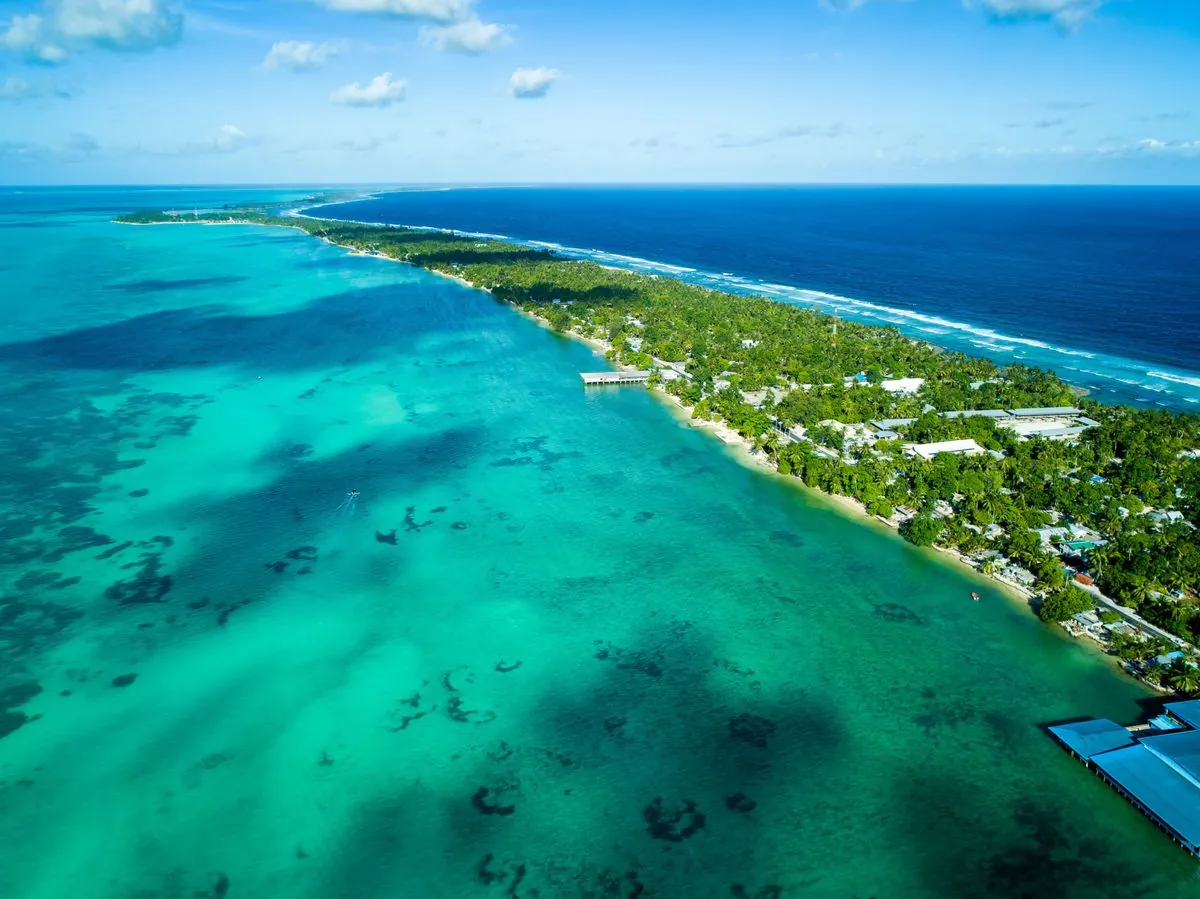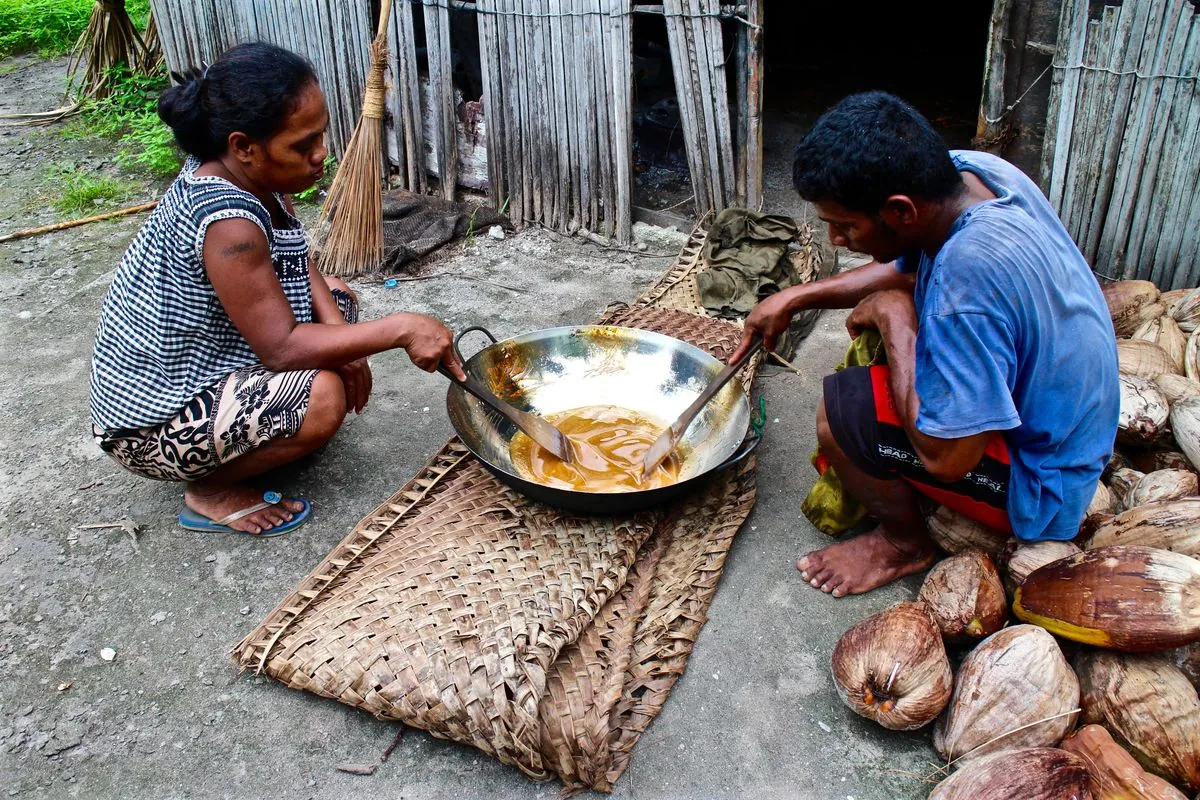Kiribati Votes: Balancing Rising Costs and Geopolitical Ties
Kiribati holds national elections amidst rising living costs and strengthened China ties. The vote may reshape the nation's political landscape and international relations in the Pacific region.

On August 9, 2024, citizens of Kiribati cast their ballots in the first round of the nation's parliamentary elections. This vote is widely regarded as a referendum on the current administration's policies, particularly concerning the rising cost of living and the country's strengthened ties with China.
Kiribati, a nation composed of 32 atolls and one raised coral island, holds significant strategic importance due to its vast ocean territory spanning 3.5 million square kilometers. This has led to increased competition for influence between Western powers and Beijing in recent years.
The election will determine 44 of the 45 seats in the Maneaba ni Maungatabu, Kiribati's parliament. Results from the first round are expected on August 10, with a second round scheduled for August 15 for seats not won by a majority vote. The presidential election is set to take place in October 2024.
Key issues for voters include the increased cost of living, scarce medicine supplies, and fuel shortages. The incumbent government, led by President Taneti Maamau since 2016, is expected to benefit from the introduction of universal unemployment benefits and increased subsidies for copra, a vital export for the country's economy.

Kiribati's geopolitical stance has been a topic of international interest since 2019 when the country switched its allegiance from pro-Taiwan to pro-Beijing. This decision has raised concerns among Western nations about China's growing influence in the region.
Blake Johnson, a senior analyst at the Australian Strategic Policy Institute, noted:
"A lot of countries in the region are really trying to find their place with a lot of geostrategic competition."
The extent of China's influence in Kiribati remains a complex issue. Reports of Beijing training and equipping Kiribati police officers and the suspension of foreign judges have contributed to Western concerns. However, Takuia Uakeia, director of the Kiribati campus of the University of the South Pacific, pointed out the perceived double standard in these concerns.
Kiribati's unique challenges, including its vulnerability to rising sea levels and its status as one of the most aid-dependent nations globally, add complexity to its political landscape. The country's highest point is only 81 meters above sea level, making it extremely susceptible to the effects of climate change.
As Kiribati navigates these challenges, the outcome of this election may have significant implications for the nation's future direction and its role in the broader geopolitical context of the Pacific region.


































